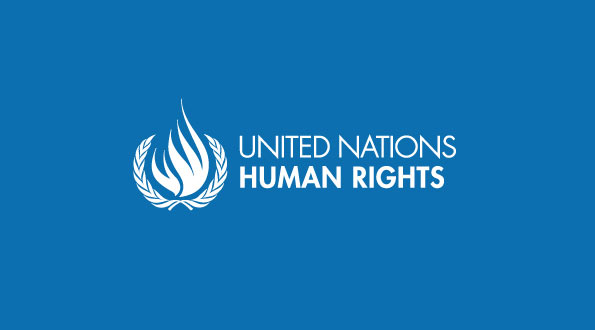U.N. rights watchdog calls on Sri Lanka to investigate torture

A U.N. rights watchdog called on Sri Lanka on Wednesday to investigate documented allegations of torture and rape of detainees by security forces and to rein in broad police powers.
The United Nations Committee against Torture described continuing reports of abductions, deaths in custody, poor conditions of detention and the use of forced confessions in court.
There was no immediate response from the Sri Lankan authorities. But the committee’s report said the island’s attorney general, Jayantha Jayasuriya, had told its investigators that his government had a zero tolerance policy when it came to torture.
The report included recommendations by the panel of 10 independent rights experts citing “consistent reports” from national and U.N. sources that torture remains common in regular criminal investigations in Sri Lanka.
“The Committee is concerned that the broad police powers to arrest suspects without a court warrant has led to the practice of detaining persons while conducting the investigations as a means to obtain information under duress,” it said.
It cited allegations that “police investigators often fail to register detainees during the initial hours of deprivation of liberty or to bring them before a magistrate, within the time-limit prescribed by law, during which time torture is particularly likely to occur.”
The panel urged Sri Lanka to identify and prosecute perpetrators of “emblematic cases” from a 26-year-civil war that ended in 2009, including the murder of the “Trincomalee Five” students on the beach and 17 aid workers of Action Contre la Faim, both in 2006.
The separatist Liberation Tigers of Tamil Eelan was crushed in 2009. The United Nations and rights groups have accused the military of killing thousands of civilians, mostly Tamils, during the final weeks of the conflict.
The Tamil Tigers were also accused of widespread abuses during the war, such as using child soldiers and targeting civilians with suicide bombers.
(Reuters – by Stephanie Nebehay)
Latest Headlines in Sri Lanka
- Sri Lanka to launch national review on social media’s impact on children January 30, 2026
- Sri Lanka, Saudi Arabia move to boost industrial cooperation January 30, 2026
- Johnston Fernando, two sons and others further remanded until February 13, 2026 January 30, 2026
- Sri Lanka raises daily wage of plantation workers to Rs. 1,750 January 30, 2026
- Sri Lanka expands Internal Affairs Units to 250 more state institutions January 30, 2026



Put these guys in a CTB not the very ordinary with no ac with a couple of coductors to take them where they want to go with no police escorts. then they will never come back again …you can get hirinuka to chahrone them
It must not be forgotten that President Sirisena himself as acting Defence Minister oversaw the genocidal war, and has vowed to protect the members of his armed forces including senior military and political officials who were allegedly involved. He has simply rejected the idea of any foreign judges or counsel in any judicial mechanism (if ever there is one) time and time again. Adding insult to injury he now claims American, President-Elect, Donald Trump would take a softer approach and absolve Sri Lanka of blame for what many believe was genocide. It appears, Sirisena, has reached out to America’s president-elect Donald Trump. It’s not clear precisely what language was used, though it looks like Sirisena wants Trump to help him sweep allegations of abuses that occurred during the nation’s civil war under the carpet. That sums up Sri Lanka’s commitment to the whole resolution per say period – hope the future president would respect the UN process and would give America’s full backing in the search for justice.
It’s incumbent upon the UN to step up its efforts to ensure the Tamil victims of the Mullivaikkal genocide get justice. An ICC referral or an international special tribunal is now proven to be wanting.